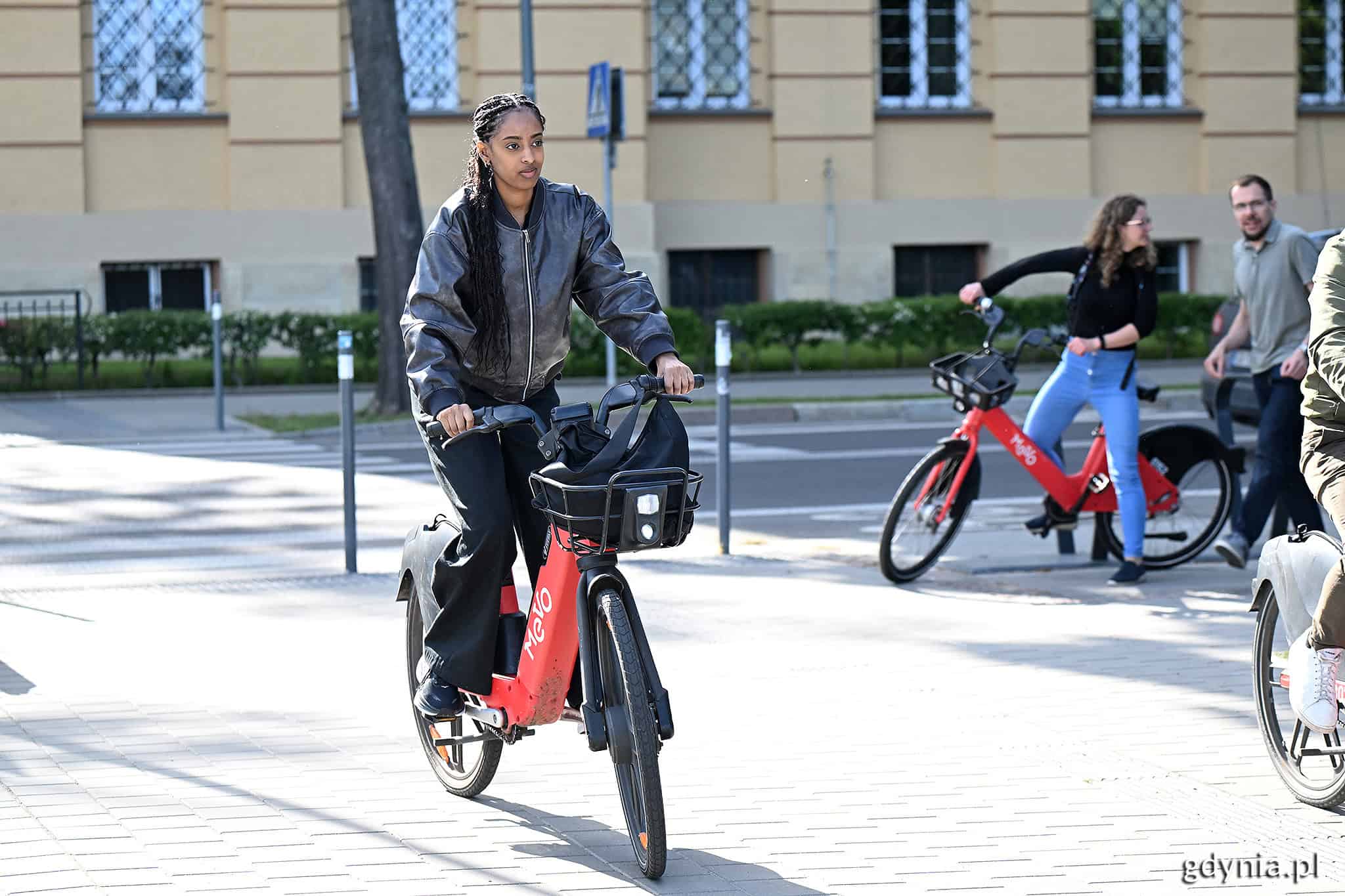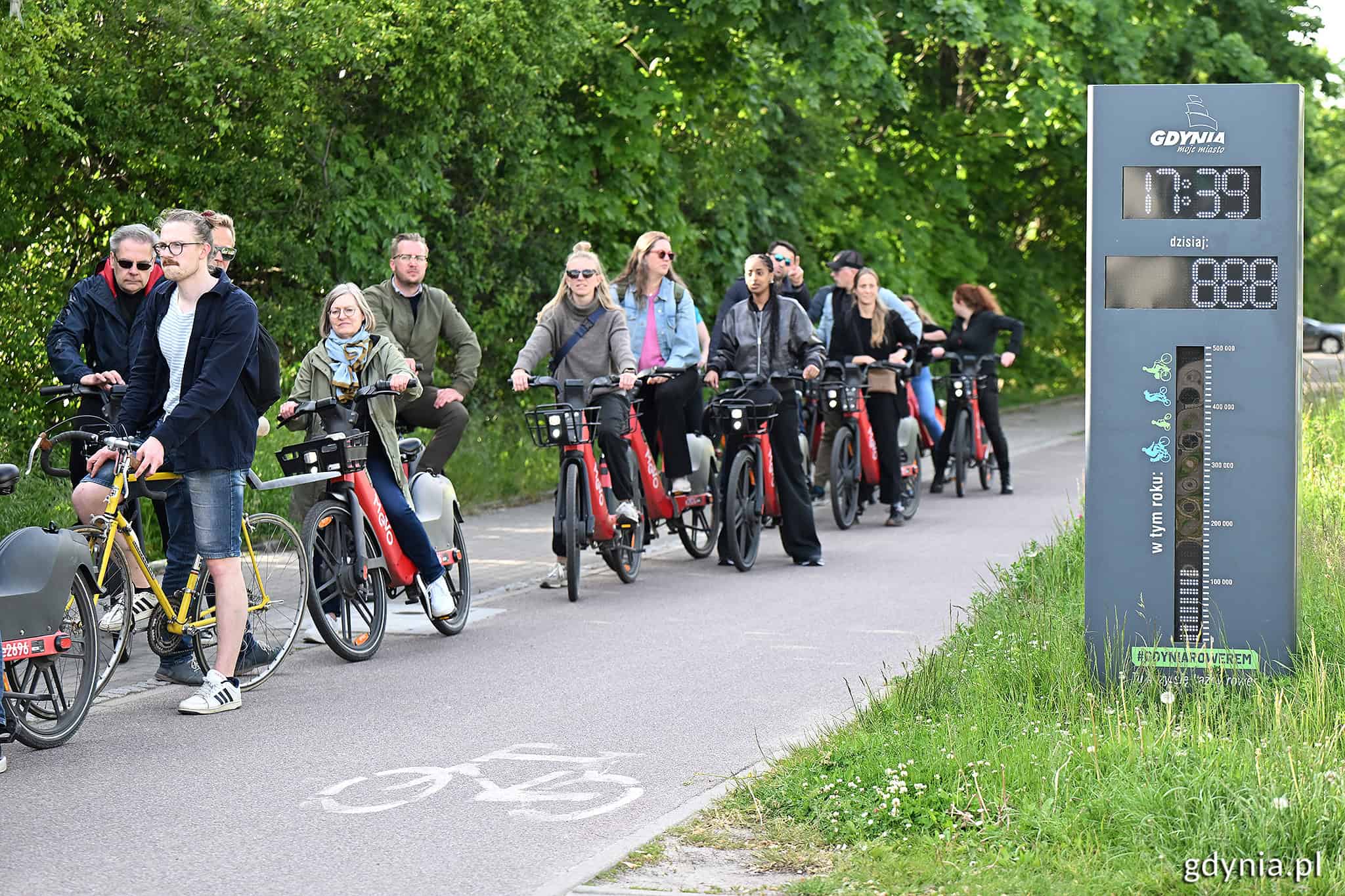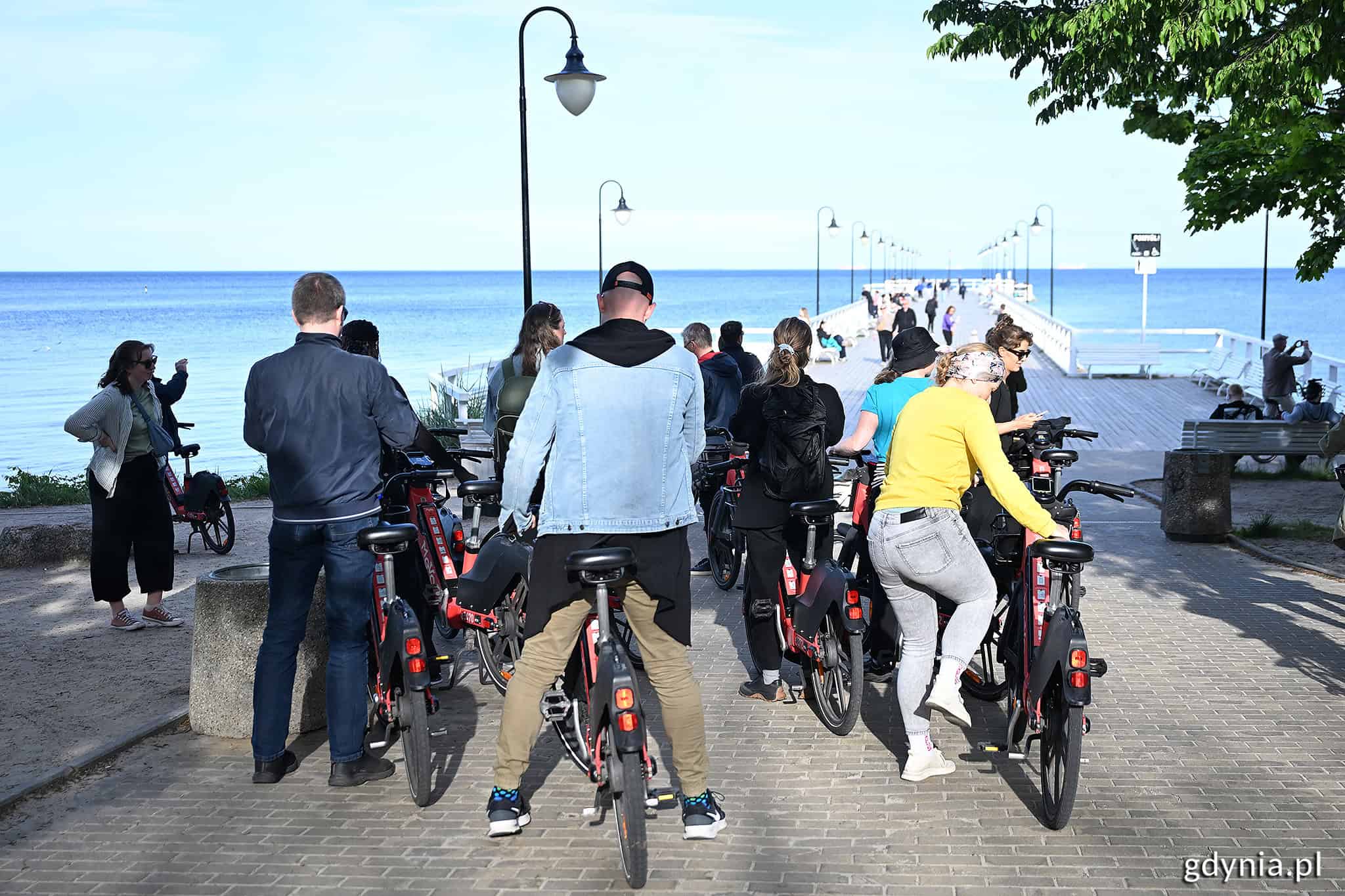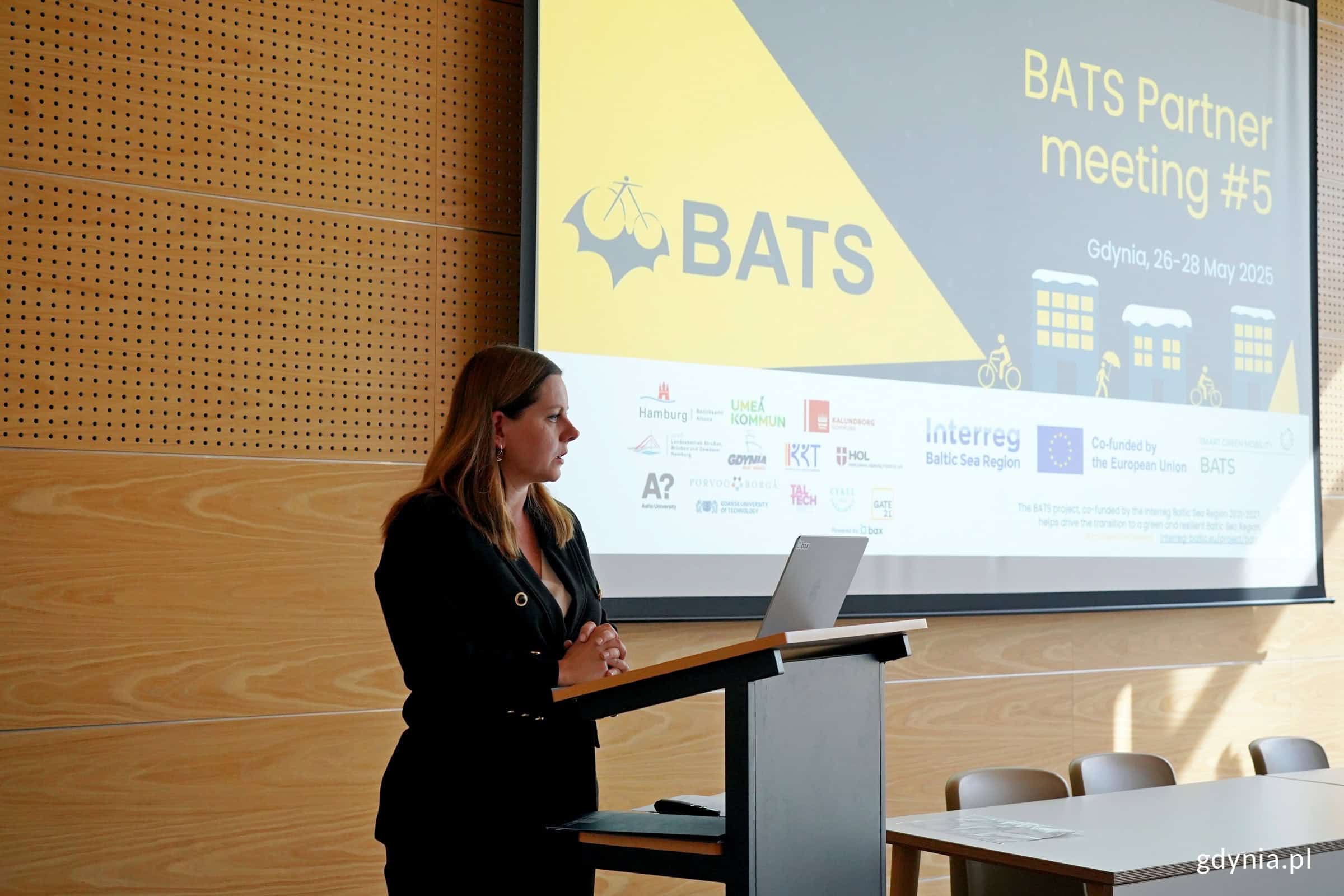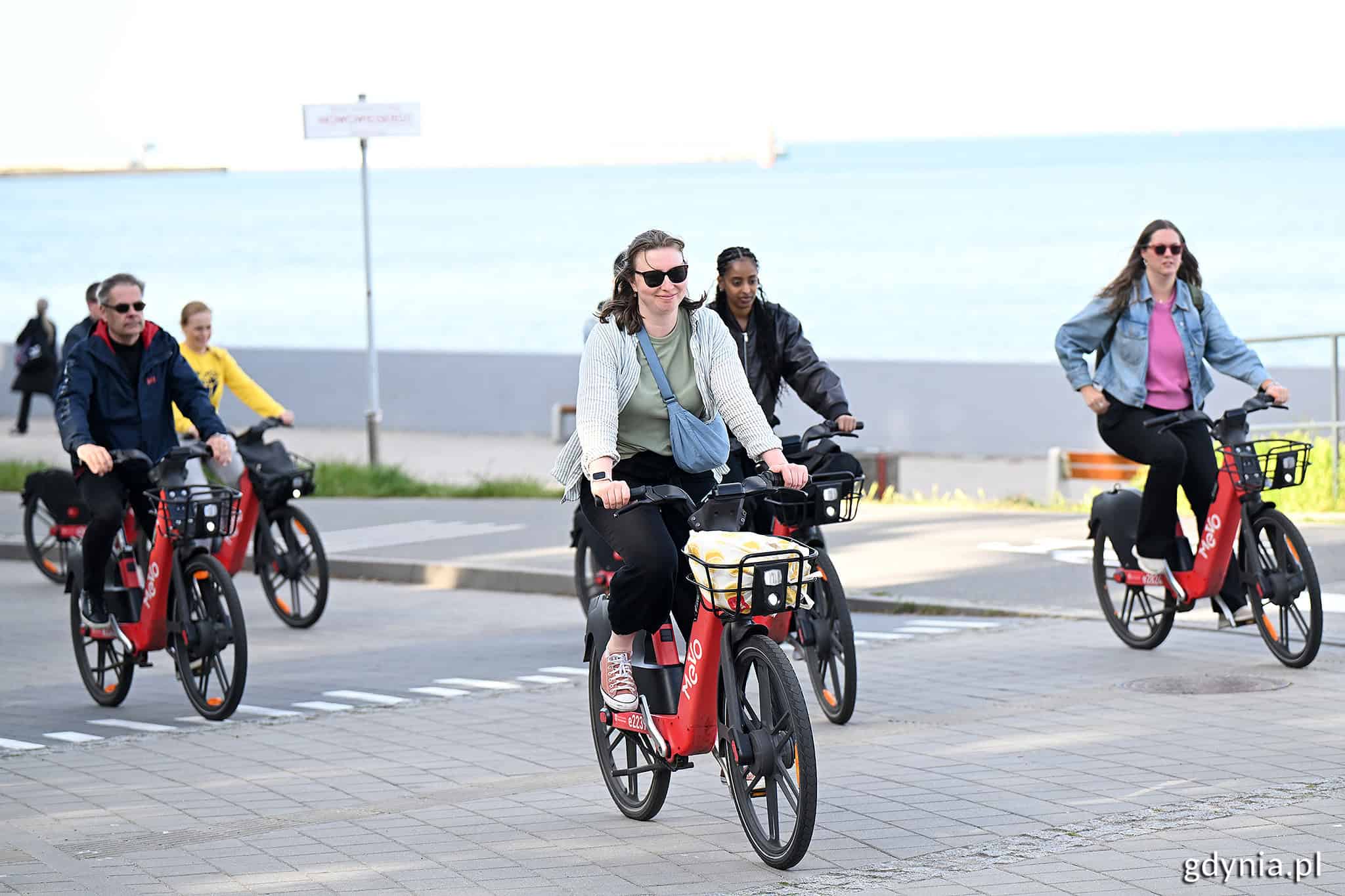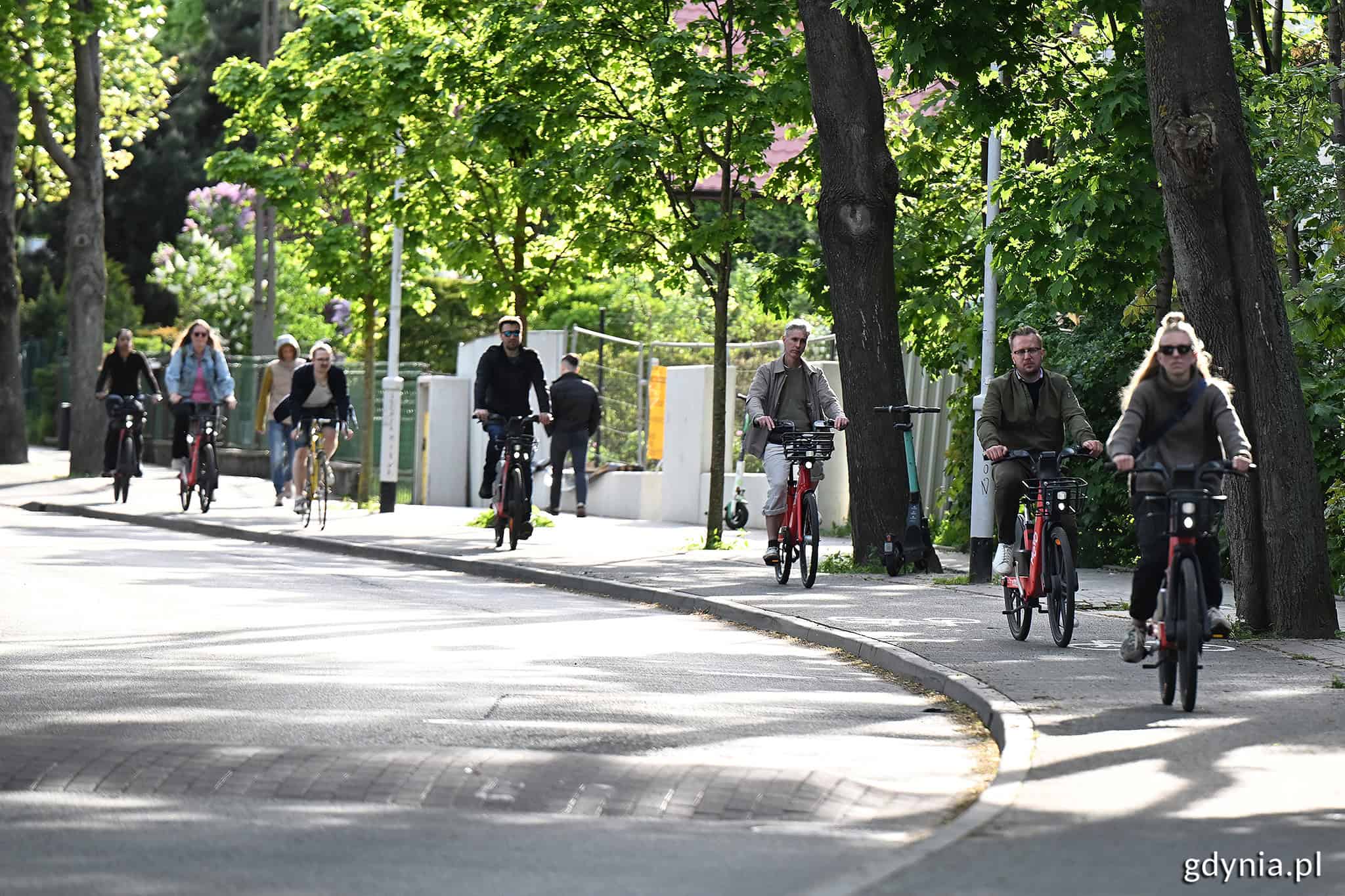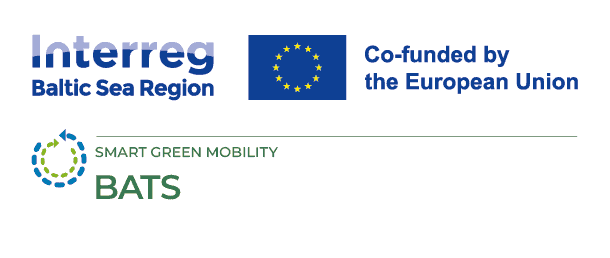
BATS Partners Gather in Gdynia to Accelerate Year-Round Active Mobility in the Baltic Sea Region
19 June 2025
Gdynia, Poland | 26-28 May 2025
Before the agenda commenced, partners took advantage of some sunny spring weather to experience Gdynia’s cycling infrastructure and pilot experiment site first-hand during a fantastic bike tour. Participants explored the city’s bike-sharing system, enjoying routes along the EuroVelo corridors and gaining valuable insights into the design and challenges of cycling in diverse urban environments.
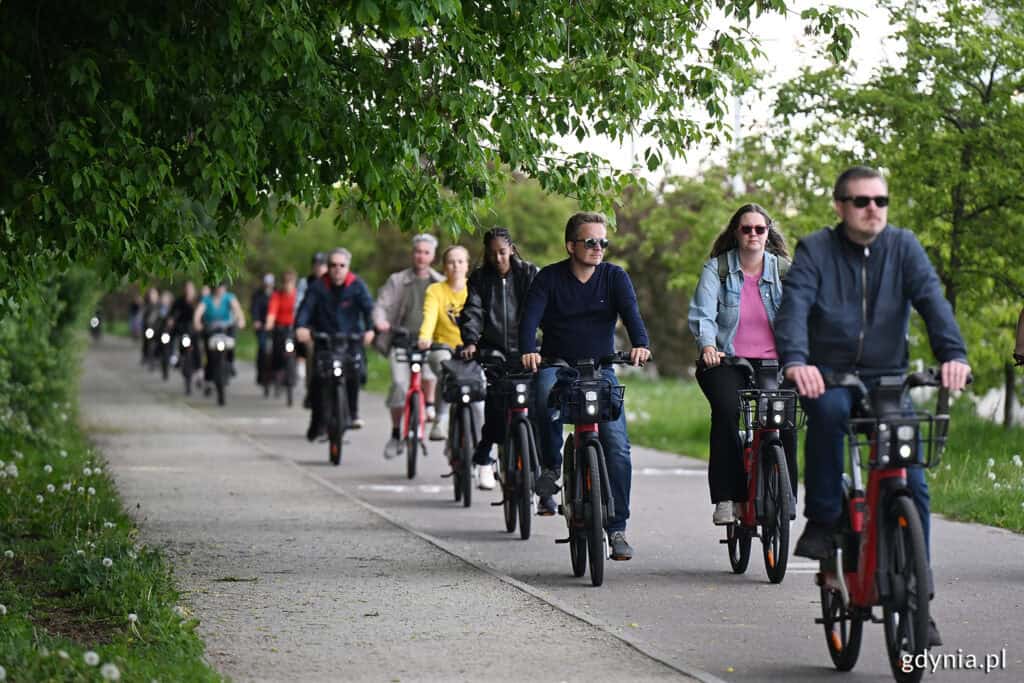
© Michał Puszczewicz/gdynia.pl
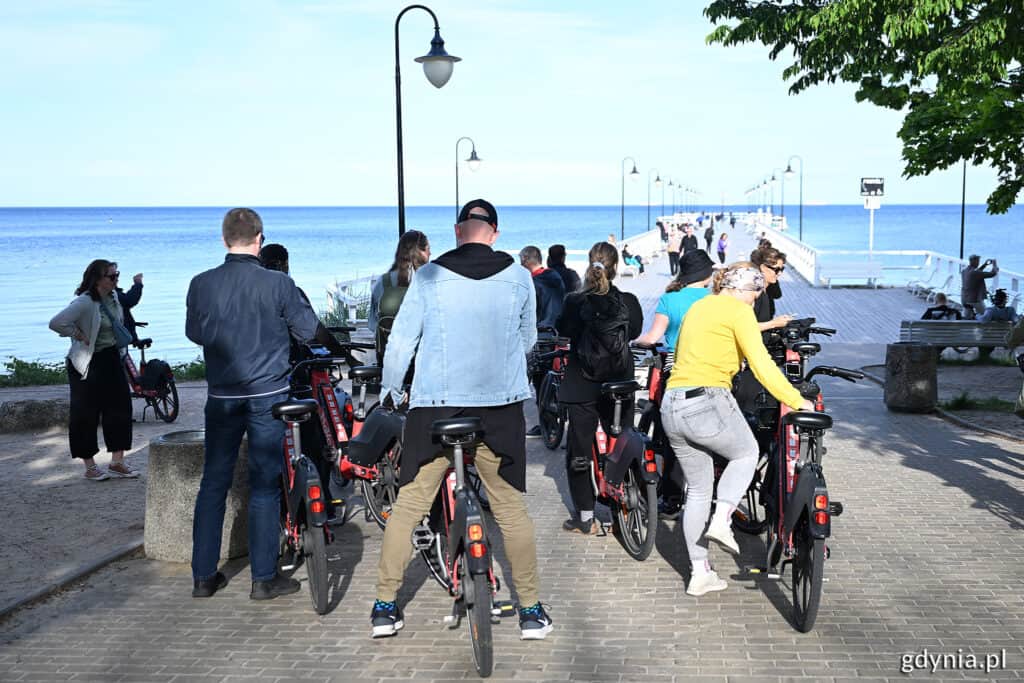
© Michał Puszczewicz/gdynia.pl
The meeting officially began with a warm welcome from the Mayor of Gdynia, Aleksandra Kosiorek, who reaffirmed the city’s commitment to sustainable mobility and highlighted cycling – even in winter – as a key priority. This encouraging message set the tone for an engaging and collaborative gathering.
The first session; “From Experiment to Rollout” saw partner cities Umeå, Hamburg-Altona, Klaipėda, Kalundborg, Porvoo, and Gdynia share updates on their YRAM pilots. From engaging students in Kalundborg to rethinking maintenance contracts in Porvoo and leveraging citizen feedback in Klaipėda, the session highlighted the diverse local approaches to winter cycling and sustainable urban mobility.
Shaping Behaviour Change Through Nudging
During this session, partners explored the behavioural science behind YRAM nudging strategies. In this sense, nudging can be defined as influencing behaviour through indirect suggestions – not restrictions.
Using the EAST framework (Easy, Attractive, Social, Timely), participants worked in teams to design behavior-change nudges tailored to their city’s context. These ranged from social incentives to infrastructure tweaks aimed at making active travel a more appealing choice year-round.
Winter Maintenance and Services: Exploring the Issues and Approaches
During the third session, partners came together for a collaborative session exploring the collection of common issues, questions and topics related to winter maintenance and services, with a view to addressing the results during future exchanges on the topic.
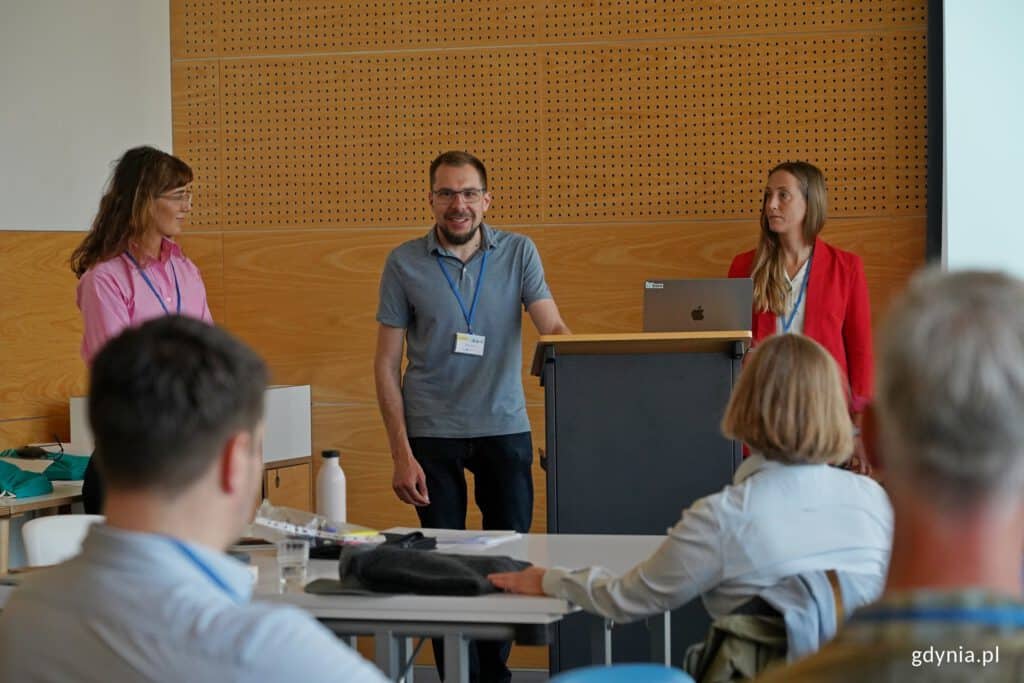
© Michał Puszczewicz/gdynia.pl
Schools as Champions of Change
A key theme of the meeting was engaging young people. Representatives from Gdynia and HOL (Kiili) shared success stories from their school-based YRAM campaigns. From kindergartens to technical high schools, their experiences illustrated how collaboration and creativity can motivate students — and even hesitant parents — to adopt cycling as a daily habit. Interactive campaigns, peer co-creation, and small incentives like breakfast events emerged as effective engagement strategies.
We were also delighted to welcome local teachers to the meeting for an informative session on how to increase the number of students choosing active transport options, including how to motivate young car enthusiasts to cycle more.
Innovations in Traffic Control for Active Mobility
Traffic control was another major discussion point. We were pleased to welcome Sebastian Maciołek. Head of Traffic Lights and Transport Planning from Gdynia’s Transport Department to demonstrate the use of motion-sensor-based traffic signals and real-time data systems (Tristar) to support pedestrian and cycling safety. Additionally, Hamburg-Altona shared insights from the “prioBike” initiative, while researchers from Gdańsk Tech revealed findings from recent experiments showing how adverse weather influences pedestrian behavior.
These insightful presentations preceded an engaging discussion on traffic control in all-weather conditions. The experiments in Gdynia and Hamburg show that despite the temptation to adjust systems for poor weather, the gains made in terms of safety and attractiveness are not significant enough. Partners also decided to create a thematic group to follow up on shared experiences of traffic control and YRAM moving forward.
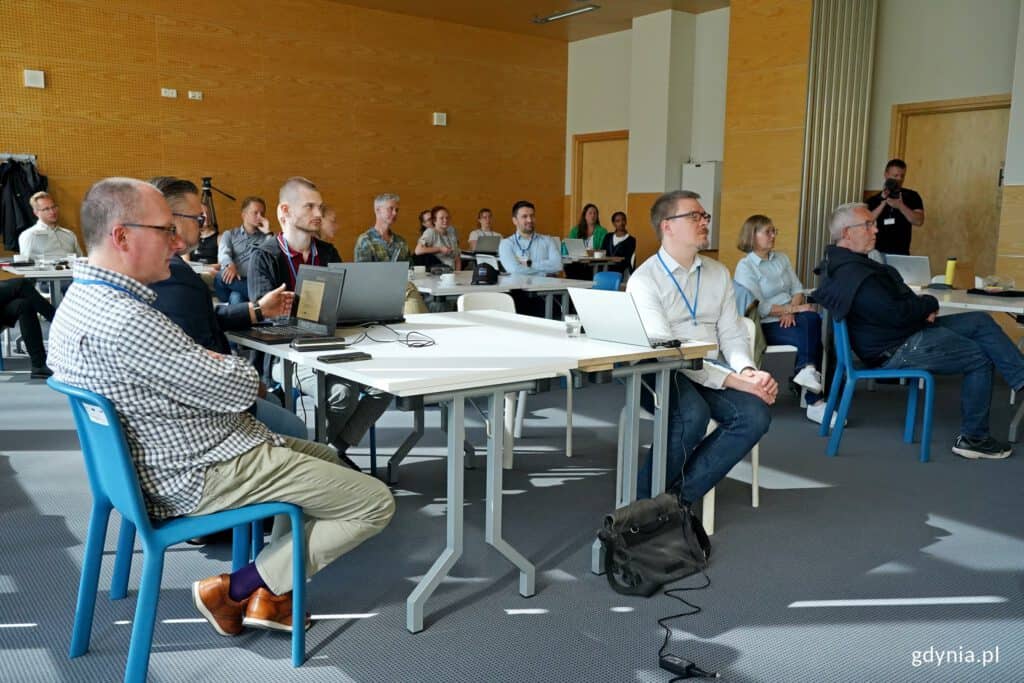
© Michał Puszczewicz/gdynia.pl
Looking Ahead
The meeting concluded with partner planning for future activities. Key next steps include:
- Thematic city-to-city exchanges and workshops
- Toolkit evaluation led by academic partners
- Continued collaboration on school campaigns and traffic control
- Preparation for the next partner meeting in Klaipėda in Autumn 2025
With momentum growing and strong engagement from all partners, the BATS project continues to build a strong foundation for year-round, inclusive, and sustainable active mobility in the Baltic Sea Region.






